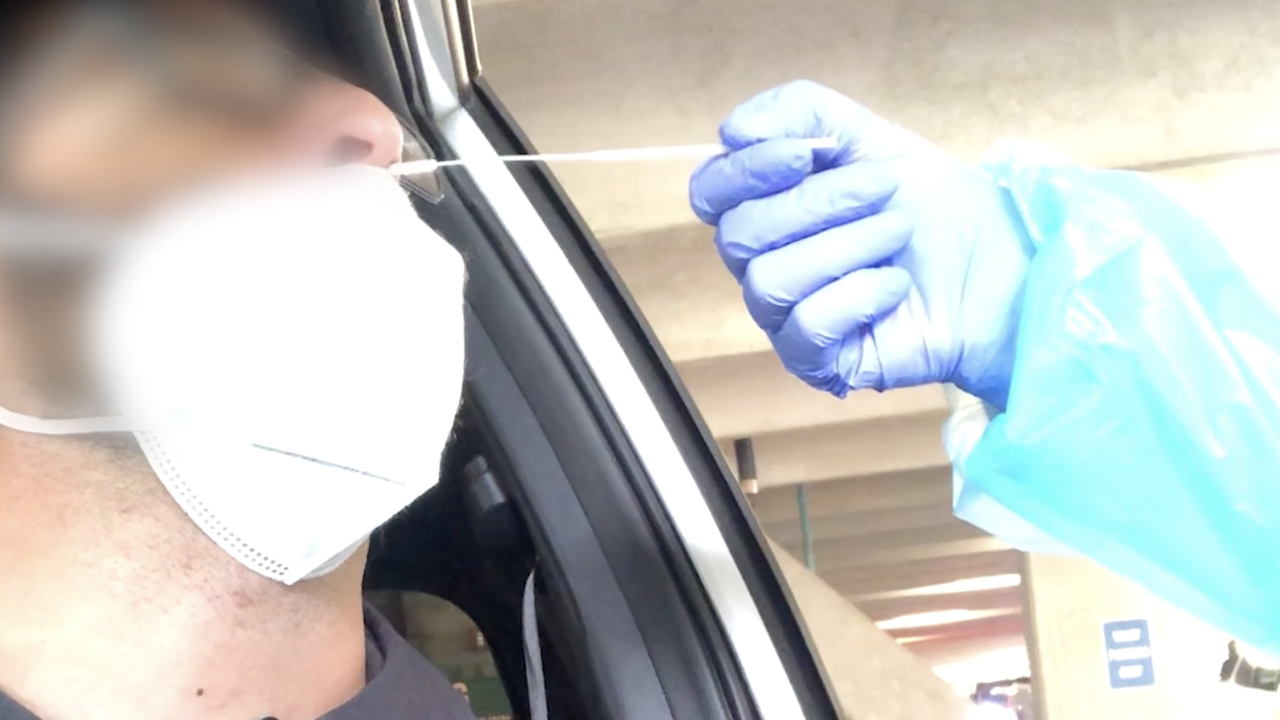Every day across the country, Americans find themselves in line for a COVID-19 test, waiting to find out if they've been infected with the virus. But new research shows that a staggering number of Americans have never been tested even as cases across the country continue to surge.
Bryan Horgan was part of that percentage back in November. The 55-year-old had no symptoms and no reason to believe he was sick. But a preventative test before a routine trip to the doctor revealed that Horgan had contracted the virus unknowingly.
"When they called me the next morning to tell me I was positive, I almost fell out of my chair. I was stunned," Horgan recalled.
Eventually, Horgan developed minor symptoms from COVID-19, but had it not been for that test, he likely wouldn't have known he was sick and worries that he might have unintentionally given others the virus.
New research suggests a large majority of Americans feel they don't need to get tested unless they are showing symptoms. It’s something Horgan has learned isn't true.
"Most people tend to focus on directly what’s in front of them. I would say get tested. Knowing is always better than not knowing," Horgan added.
"We really need to get the message out about testing," said Mark Stevenson with Thermo Fisher Scientific.
Thermo Fisher Scientific recently commissioned a survey to see what people thought about testing and testing misinformation.
Of 2,000 people surveyed, two-thirds, or 64 percent, of people had never been tested for coronavirus. Doubts about test accuracy are also widespread, as close to 63 percent of people thought COVID-19 tests can be wrong as much as half the time.
The study also found that 47 percent of people believe you only need a COVID-19 test if you're feeling sick. That belief is troubling to public health officials, who say testing is the only way to know how widespread the virus is.
"Believing in the accuracy of the test is just incredibly important,” Stevenson said. “It’s not until someone is sick or been in contact with someone who is sick that they think about, ‘Well, what test do I need? What should I do?’”





